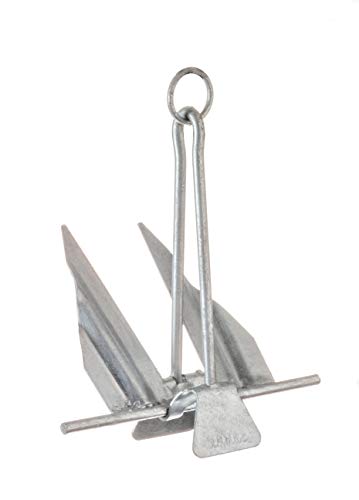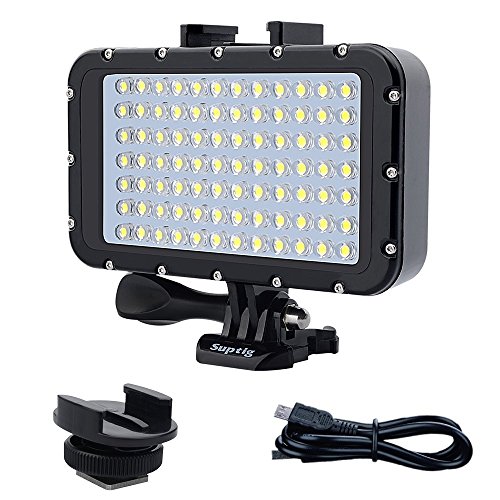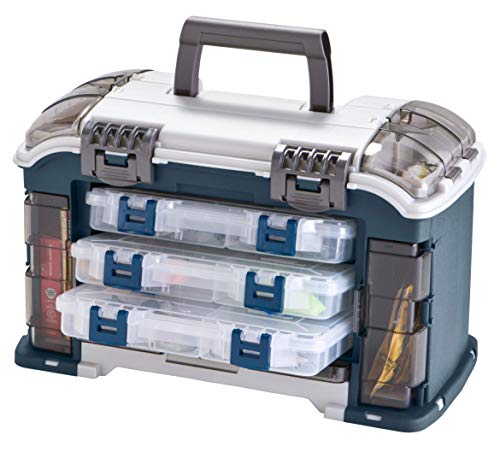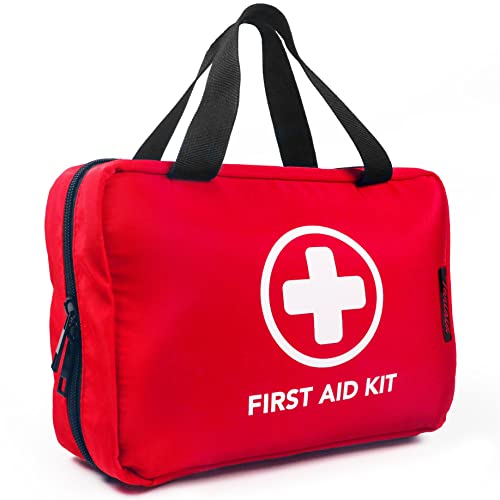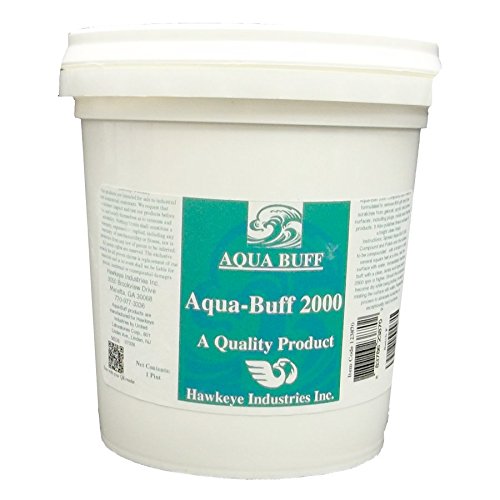BoneDigger
Active member
- Joined
- May 3, 2024
- Messages
- 36
- Reaction score
- 50
- LOCATION
- Tyler, TX
I have an older 1960s V-hull aluminum boat. I bought it used to use on a pond. There are lots of drill holes from previously mounting things. I will be repainting soon. Is there anything I can fill these with that looks good vs just silicone?








